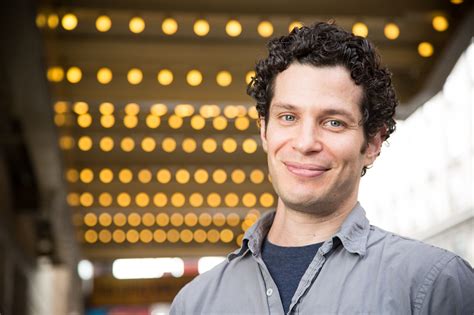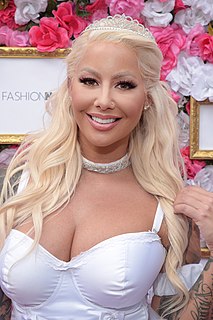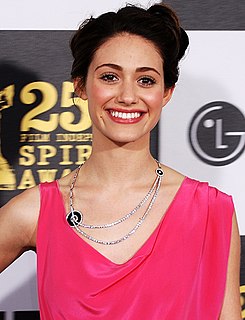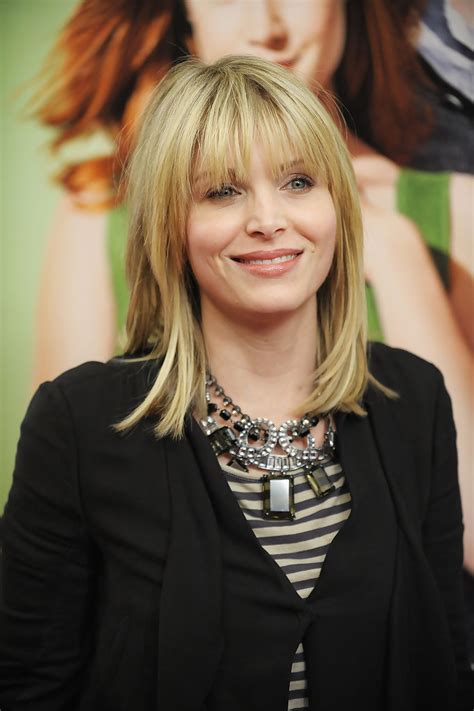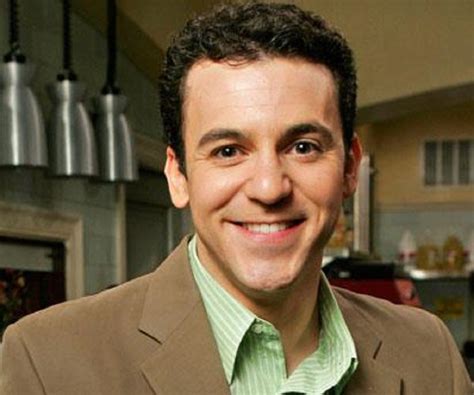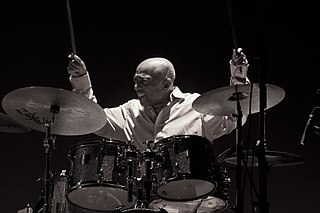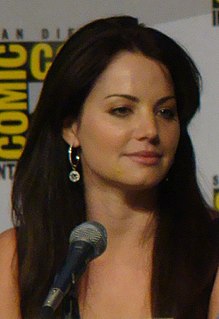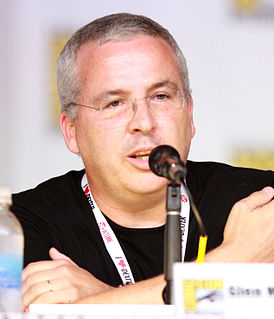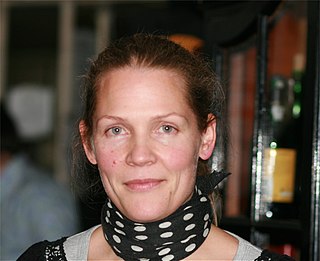A Quote by Thomas Kail
One of the greatest compliments anyone could ever give a director is, 'Everybody was in the same show.' That's something I think about constantly.
Related Quotes
I think at a certain point we a little bit forgot that it was a pot show. I think I said something to Harry [Elfont], around Episode 7 [of mary and Jane], I was like, "We have a pot show. Nobody is smoking any weed." There is literally a shot in the season finale where everybody lights up at the same time. I was like, "I feel like we are not honoring our concept." It just became a show. It became a show about these two girls doing this crazy thing and getting into all these adventures and it was really not about the weed.
I don't recall a show I've ever been on that had the same director do two episodes in a row, but in England, they do it all the time. In England, they'll just have one director for eight episodes. That was the British system that Jane Tranter and Julie Gardner wanted to bring to the States. I think there was a nice merger of the two systems. They might have gone with one director, but John had obligations on The Village, and he had to leave and come back, so it seemed like a natural place to break it up.
In my writing class, we never, ever talk about the writing - ever. We never address a story that's been read. I also won't let anyone look at the person who's reading. No eye contact; everybody has to draw a spiral. And I would like to do a drawing class where we could talk about anything except for the drawing. No one could even mention it.
